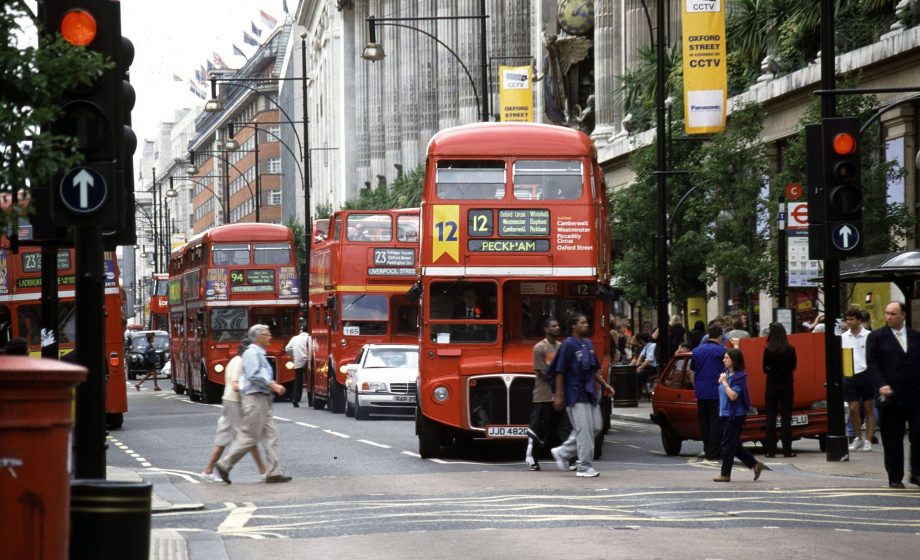London’s Metropolitan Police have announced plans to deploy live facial recognition cameras across the city, according to The Guardian, to detect individuals on watchlists “for serious and violent offences.”
The Met says the technology will go into use next month, and will be deployed in popular locations for shopping and tourism.
While facial recognition has been met with criticism from civil liberties groups, the Met says that 80 percent of the public supported the move in surveys.
In a statement, Met assistant commissioner Nick Ephgrave said:
“As a modern police force, I believe that we have a duty to use new technologies to keep people safe in London. Every day, our police officers are briefed about suspects they should look out for; [facial recognition] improves the effectiveness of this tactic.”
Until now, the Met has employed facial recognition only on a trial basis, and largely at public events. The technology has faced criticism on several fronts, including over its accuracy.
Surveillance expert Pete Fussey of Essex University, who conducted the only independent review of the trials, took issue with the Met’s claims over its accuracy. While the police department claimed it achieved 70 percent accuracy in flagging wanted individuals, Fussey said it was verifiably accurate in just 19 percent of cases.
“I stand by our findings. I don’t know how they get to 70%,” Fussey told The Guardian.
After an individual is flagged by the system, they would be approached by police, who would verify their identity, and arrest them if they found the identification was accurate.
“This is a system which simply gives police officers a ‘prompt’, suggesting ‘that person over there may be the person you’re looking for,’” the Met said in a press release.
Police also say they’ll consult with communities ahead of time before deploying facial recognition cameras, with clear signage and leaflets indicating their use, which will be limited to a “small, targeted area.”
Facial recognition systems have also drawn accusations of racial bias, and criticism over their broader impact on civil liberties.
“The Met’s decision to introduce facial recognition technology poses a huge threat to human rights,” according to Amnesty International UK’s Allan Hogarth. “This technology puts many human rights at risk, including the rights to privacy, non-discrimination, freedom of expression, association and peaceful assembly.”
London Mayor Sadiq Kahn voiced support for the move, but called for full transparency.
“New technology has a role in keeping Londoners safe, but it’s equally important that the Met are proportionate in the way it is deployed and are transparent about where and when it is used in order to retain the trust of all Londoners. City Hall and the Ethics Panel will continue to monitor the use of facial recognition technology as part of their role in holding the Met to account.”
Photo by Chris Sampson [CC BY (https://creativecommons.org/licenses/by/2.0)]

